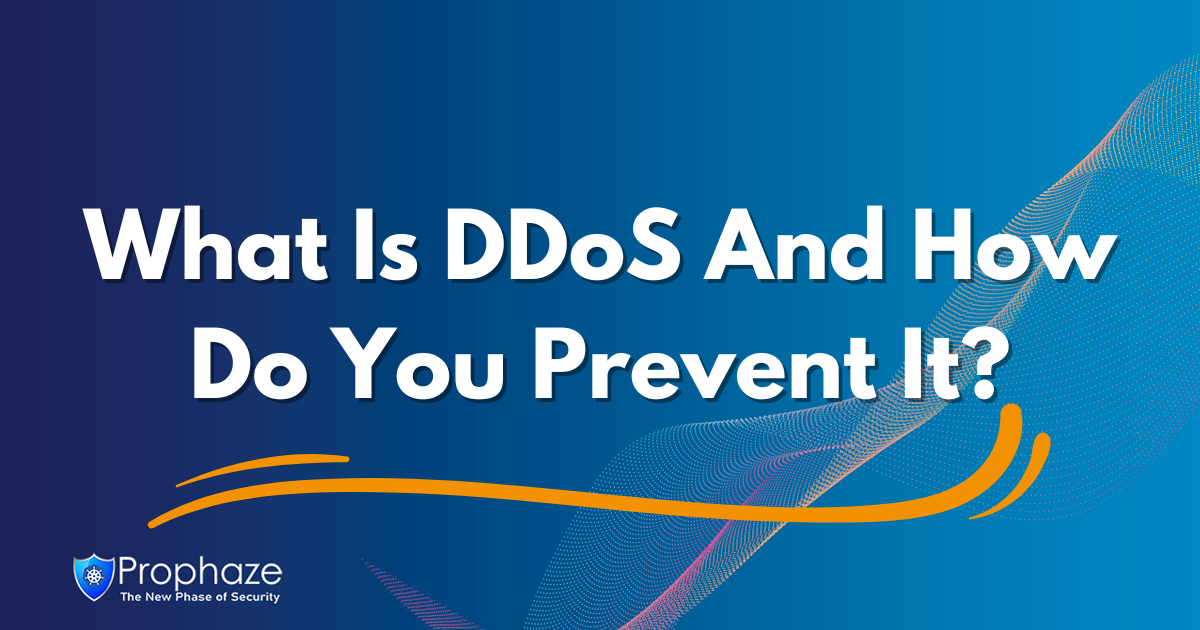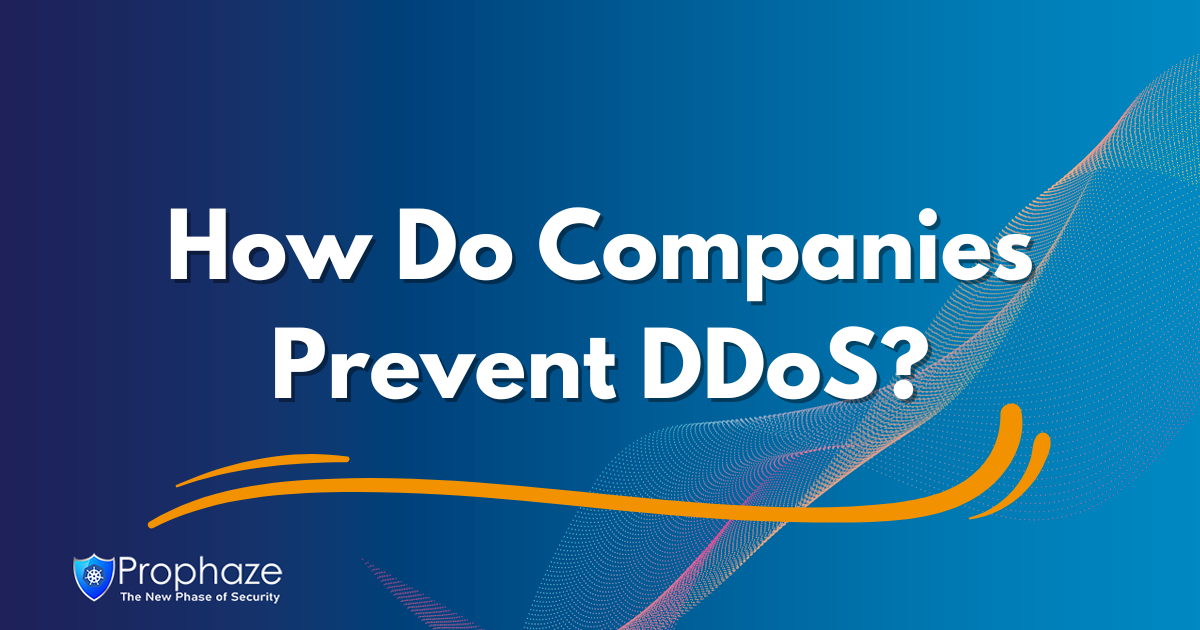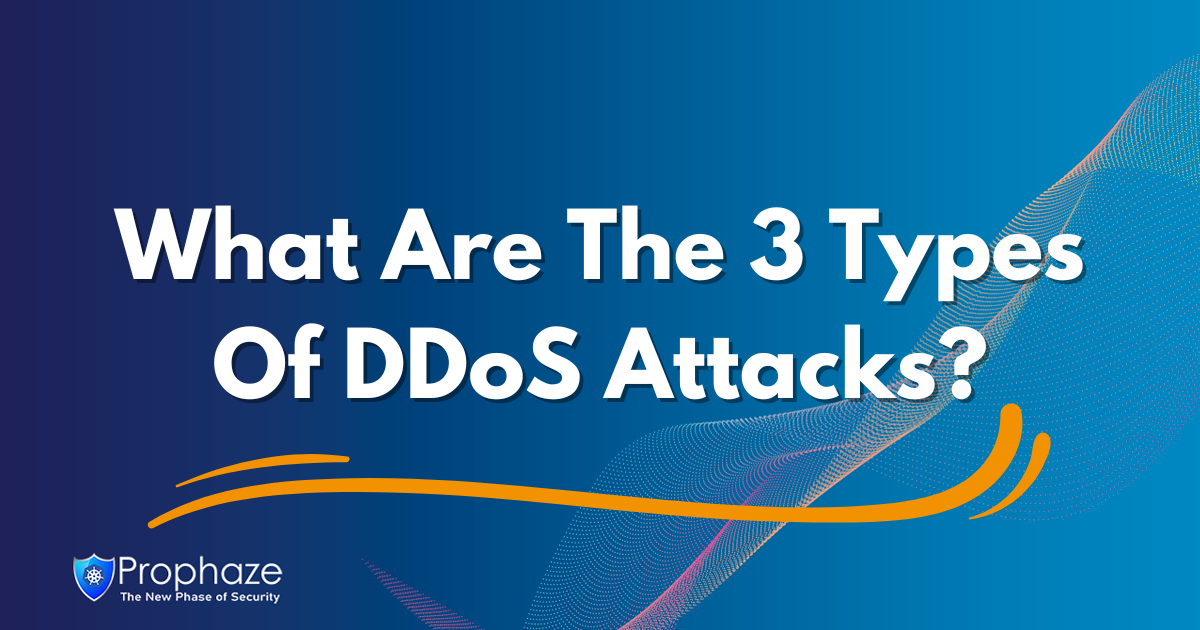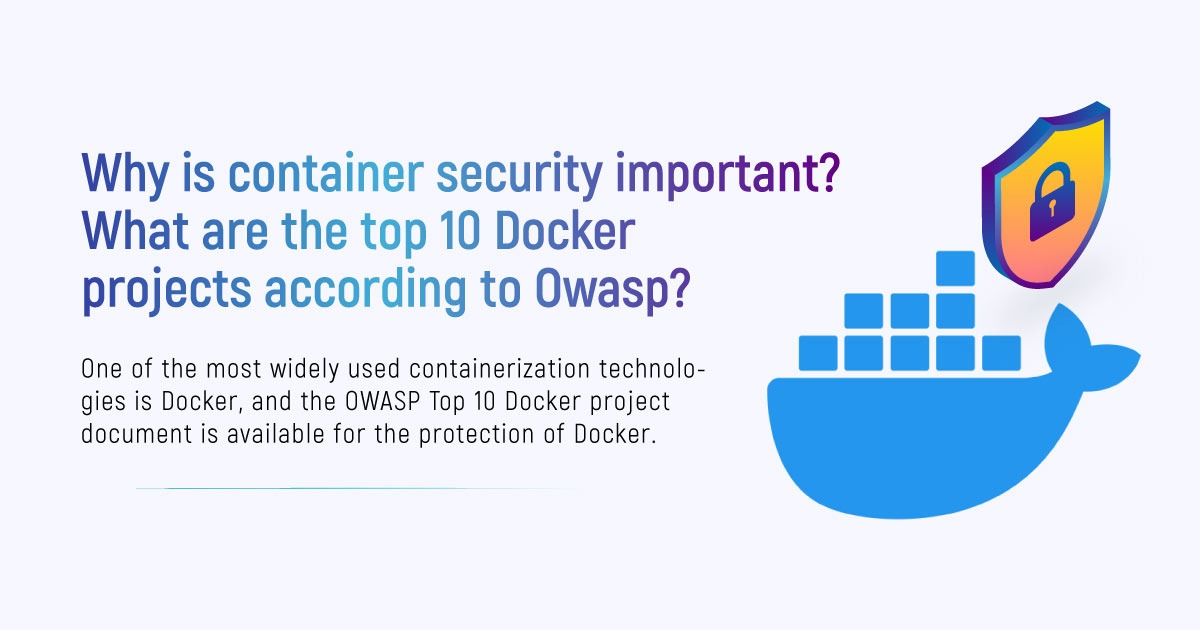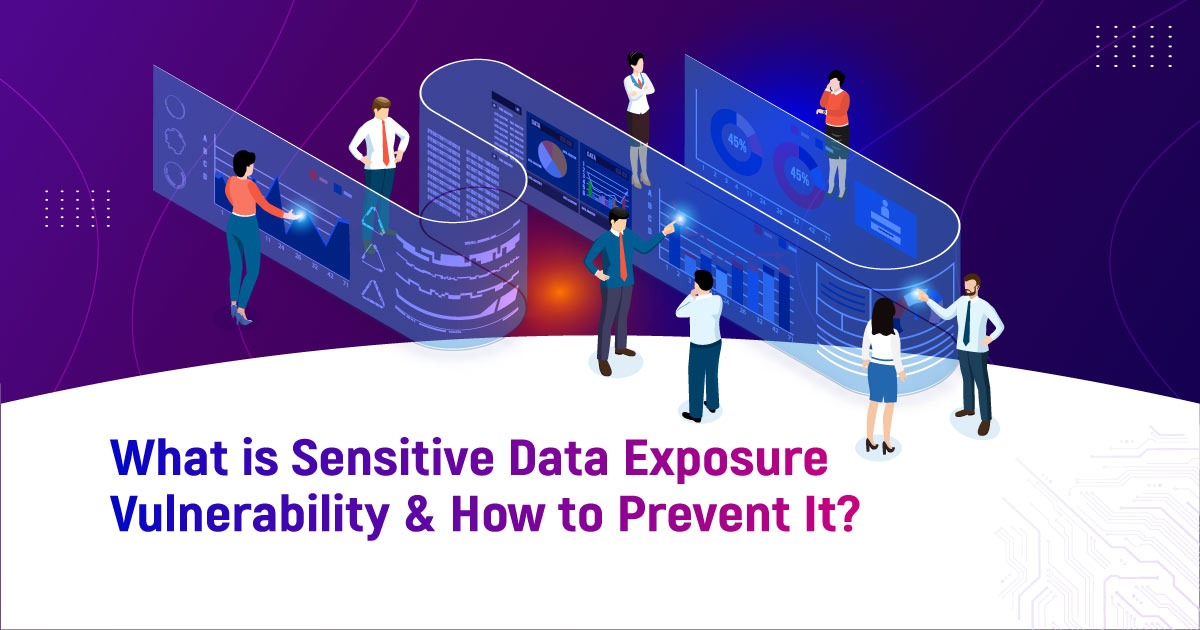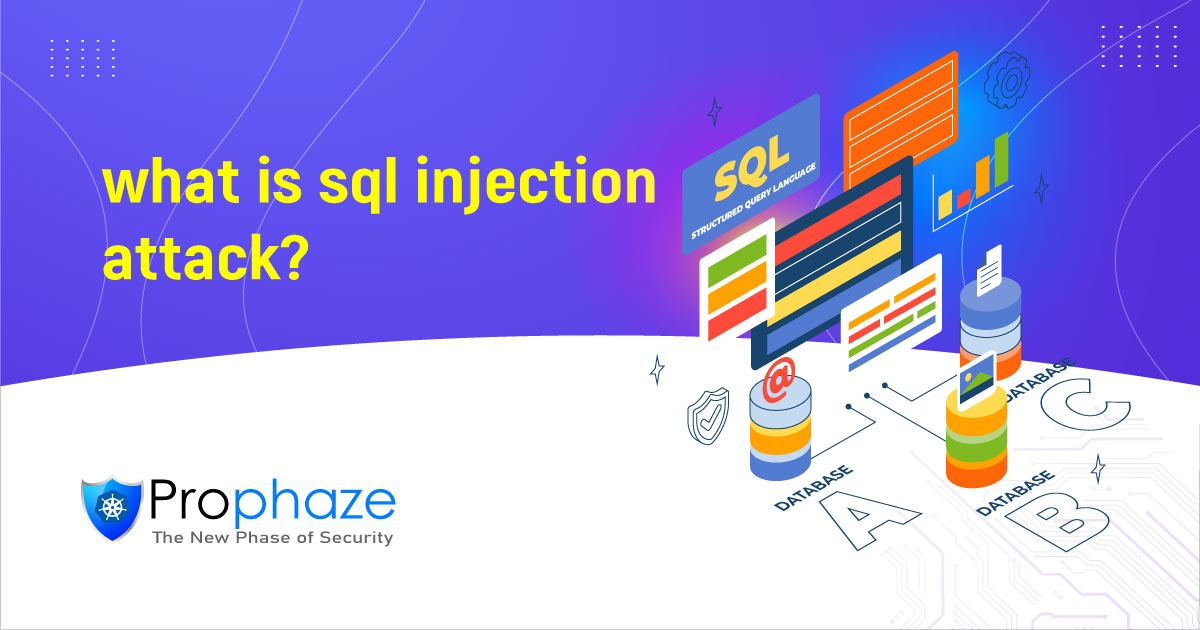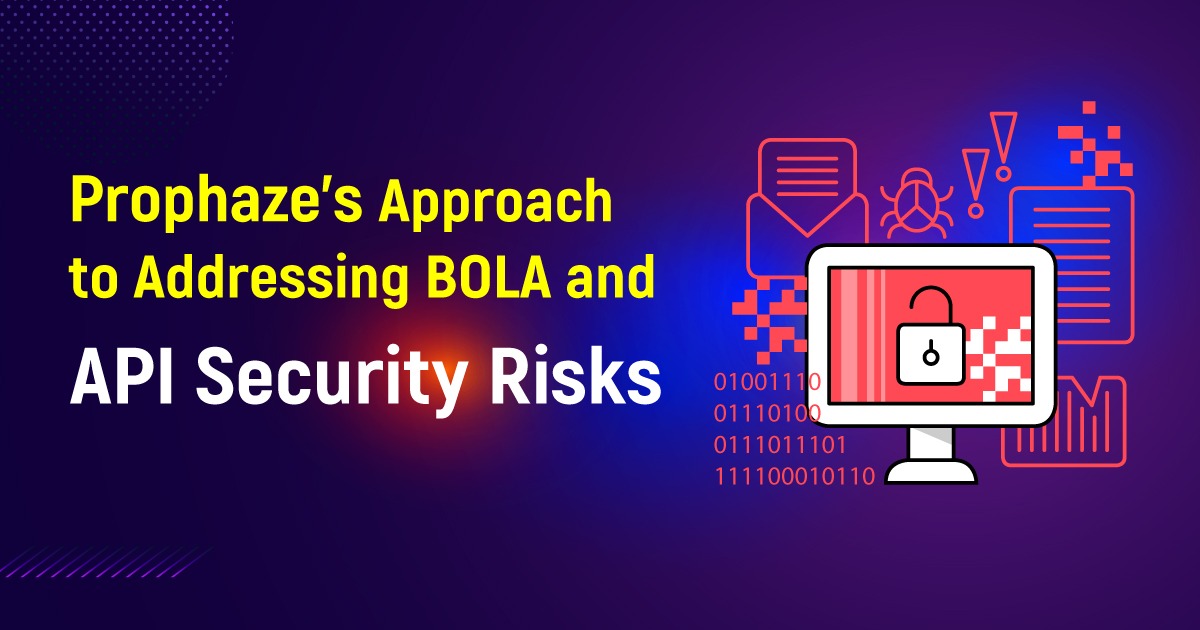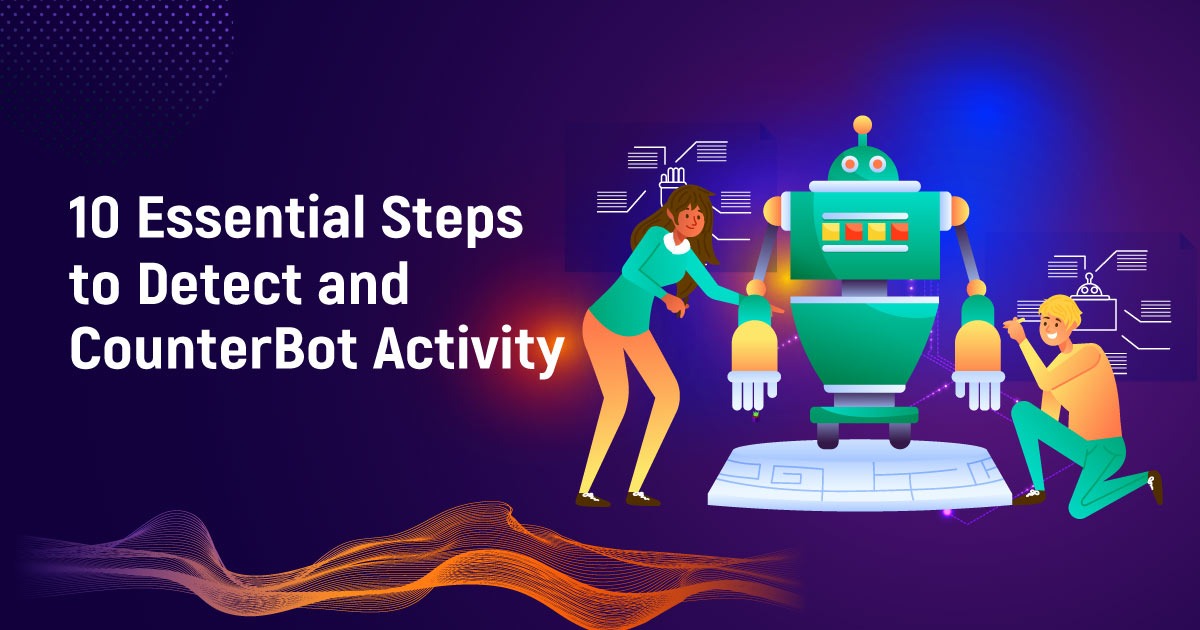Fortifying Your Network with Firewall Support to Mitigate DDoS Attacks
Firewalls alone are typically insufficient for preventing or mitigating a large-scale DDoS attack. Firewalls are essential for a network’s safety because they filter traffic based on predefined rules and policies. While firewalls can prevent certain types of malicious traffic, they have limitations when dealing with DDoS attacks that generate a large amount of traffic.
Firewalls encounter challenges when they attempt to distinguish between legitimate and malicious requests due to the overwhelming amount of traffic from multiple sources involved in DDoS attacks. Service disruptions can occur when firewalls are overwhelmed during an attack.
Using specialized DDoS protection options can help prevent and mitigate DDoS attacks. Advanced traffic analysis, rate limiting, traffic diversion, and filtering techniques enable these solutions to detect and mitigate DDoS attacks in real time.
Businesses can strengthen their defenses against attacks by implementing a robust firewall setup with dedicated DDoS protection measures. Blocking known malicious IP addresses or implementing basic traffic filtering rules can provide an additional layer of security. DDoS mitigation solutions are primarily responsible for handling large-scale attacks by effectively identifying and mitigating the attack traffic. However, it makes it easier to keep the network and services running for legitimate users.
Implementing a comprehensive defense strategy is crucial for companies. This strategy should include firewalls, DDoS protection services, traffic monitoring, and other preventive measures to prevent and reduce the impact of DDoS attacks. The following will help to ensure the safety and accessibility of their systems, as well as protect them from potential disruptions.

